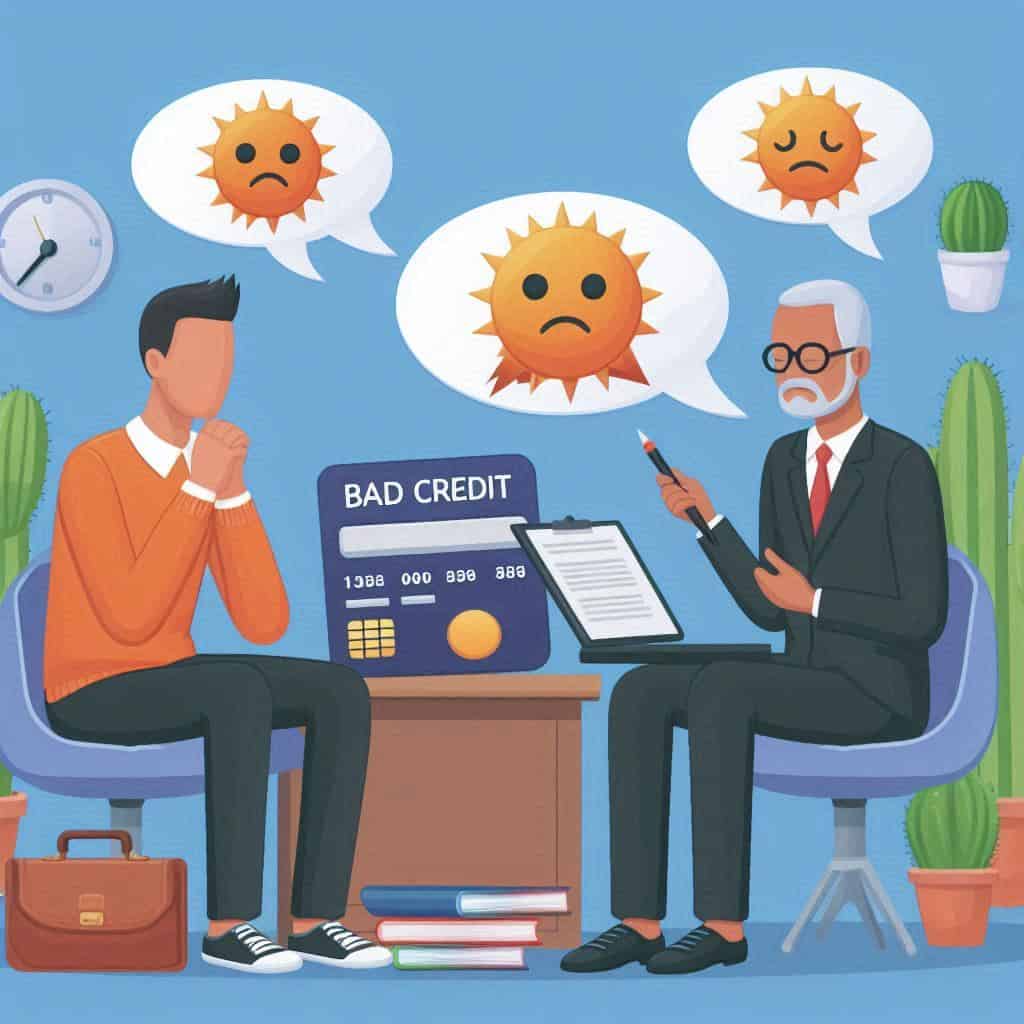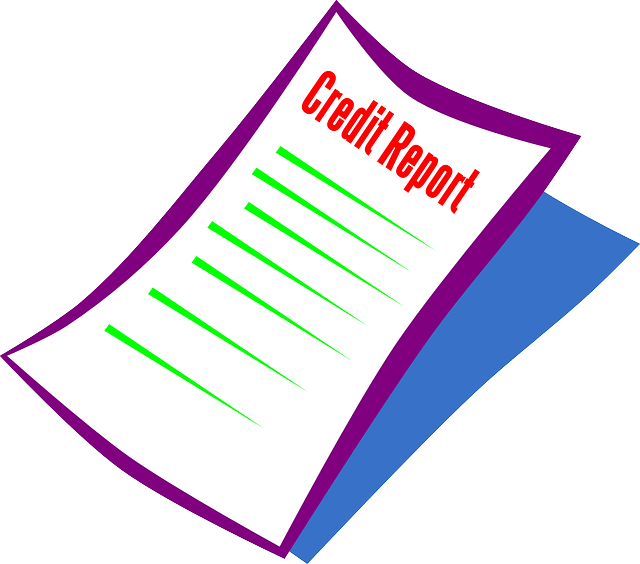Debt consolidation loans are designed to help individuals combine multiple debts into one single loan. This can simplify your monthly payments and potentially reduce interest rates. For someone dealing with bad credit, this might seem like a distant option, but it’s quite accessible with the right approach.
The primary purpose of these loans is to streamline your debt management. Instead of juggling multiple payments, you make one monthly payment to a single lender. It reduces the hassle and can also make it easier to stay on top of your financial obligations.
People often misunderstand debt consolidation loans, especially when they have bad credit. There’s a myth that needing good credit is a strict requirement. While a higher credit score can certainly make getting a loan easier, there are lenders who specifically cater to individuals with less-than-perfect credit. These lenders understand the struggles and provide tailored solutions.
One common misconception is that consolidating debt will automatically eliminate all financial problems. In reality, it’s a tool to manage your debt better, not a magic fix. It requires discipline and a commitment to make timely payments.
Debt consolidation loans can also have an impact on your credit score, both positively and negatively. Initially, applying for the loan can slightly lower your score due to the hard inquiry. However, over time, successfully managing and paying off the loan shows responsible financial behavior and can improve your credit score.
Here’s a little transparency: Our website contains affiliate links. This means if you click and make a purchase, we may receive a small commission. Don’t worry, there’s no extra cost to you. It’s a simple way you can support our mission to bring you quality content.”
Contents
- 1 Eligibility Criteria for Debt Consolidation Loans with Poor Credit
- 2 Coinscaddy
- 3 Step-by-Step Guide: How to Qualify for a Debt Consolidation Loan with Bad Credit
- 4 Pros and Cons of Debt Consolidation Loans for Bad Credit
- 5 How to Apply for a Debt Consolidation Loan When You Have Bad Credit
- 6 Managing Your Consolidated Debt Successfully
Eligibility Criteria for Debt Consolidation Loans with Poor Credit
To secure a debt consolidation loan when you have bad credit, understanding the eligibility requirements is crucial. One of the first things lenders will look at is your credit score. Typically, a score below 580 is considered poor, but this doesn’t disqualify you from getting a loan. Specialized lenders work with individuals in this credit range and may offer options specifically designed for bad credit situations.
Besides your credit score, lenders consider other factors like your income and existing debt. They want to ensure you have a stable income and that your debt-to-income ratio—that is, the amount of your income that goes towards debt repayment—is within their acceptable range. A lower ratio indicates better financial health and can make you a more attractive candidate for a loan.
There are also other important factors. For instance, your employment history plays a role. Lenders prefer applicants with stable and long-term employment because it suggests a steady income. Additionally, having some form of collateral, like a car or home, can sometimes improve your chances of approval.
Knowing where to look can make all the difference. Certain lenders specialize in loans for people with bad credit. These lenders are more understanding of your financial situation and offer more flexible terms. Companies like Avant, OneMain Financial, and LendingClub are examples of lenders that cater to people with less-than-stellar credit histories.
Finally, it’s smart to compare the terms offered by different lenders. Interest rates and fees can vary widely, so shopping around can help you find the most favorable terms for your financial situation.
Coinscaddy
Step-by-Step Guide: How to Qualify for a Debt Consolidation Loan with Bad Credit
Struggling with bad credit doesn’t mean you can’t secure a debt consolidation loan. By following these actionable steps, you can improve your chances of approval and regain control of your finances.
1. Improve Your Creditworthiness
Before applying for a loan, take steps to make your financial profile more appealing to lenders.
Tips to get started:
- Pay Down Small Debts: Focus on paying off low-balance debts to reduce your debt-to-income (DTI) ratio. This shows lenders you’re serious about managing your finances.
- Dispute Credit Report Errors: Errors on your credit report can unfairly lower your score. Access your free credit report from AnnualCreditReport.com and dispute inaccuracies with the credit bureaus.
- Pay Bills on Time: Payment history makes up 35% of your credit score. Automate payments or set reminders to avoid missed deadlines.
📌 Tool Recommendation: Use free credit monitoring tools like Credit Karma to track your credit improvement efforts.
2. Find the Right Lender
Not all lenders are created equal—some specialize in working with borrowers who have bad credit.
What to look for in a lender:
- No Minimum Credit Score Requirements: Some lenders, like Upstart or LendingClub, are more flexible with credit scores.
- Reasonable Interest Rates: Avoid predatory lenders by comparing APRs across providers. Use tools like NerdWallet’s Loan Comparison Tool to evaluate your options.
- Customer Reviews: Research lenders’ reputations to ensure fair practices.
✅ Pro Tip: Consider credit unions or online lenders—they often offer better terms for those with less-than-perfect credit.
3. Build a Strong Case for Your Loan Application
If your credit score is holding you back, take extra steps to strengthen your application.
Ways to boost your approval chances:
- Offer Collateral: Secured loans, backed by assets like a car or savings account, reduce risk for lenders and improve your chances of approval.
- Get a Co-Signer: A co-signer with a strong credit score can vouch for you, making you a less risky borrower.
- Provide Proof of Stable Income: Attach pay stubs or bank statements to demonstrate your ability to make consistent payments.
📋 Checklist for Your Application:
- Identification (Driver’s license, passport, etc.)
- Proof of income (Pay stubs, tax returns)
- Credit report
- Debt details (Statements showing balances and interest rates)
- Collateral documentation (if applicable)
Bonus Resources for Success
- Credit Counseling: Consider consulting organizations like NFCC.org for free or low-cost financial advice.
- Debt Consolidation Loan Calculators: Use tools like Nerdwallet’s Debt Consolidation Calculator to estimate potential savings.
Pros and Cons of Debt Consolidation Loans for Bad Credit
Debt consolidation loans can offer significant advantages for individuals struggling with multiple debts, especially those with bad credit. One major benefit is the potential for a lower interest rate. If you’re dealing with high-interest credit card debt, consolidating those balances into a single loan with a lower rate can save you money over time and reduce the amount you pay in interest each month.
Another advantage is the simplification of your finances. Instead of keeping track of several different payment dates and amounts, you only need to remember one monthly payment. This can alleviate the stress of managing multiple debts and make it easier to ensure you make payments on time.

However, there are cons to consider as well. Debt consolidation loans often come with fees, such as origination fees or prepayment penalties. It’s vital to read the fine print and understand all the costs involved before committing to a loan.
Also, consolidating debt doesn’t erase it; you’re still responsible for repaying the full amount. This requires disciplined financial behavior. If not managed properly, you could find yourself accumulating new debt while paying off the consolidation loan.
Another downside is the potential impact on your credit score. While consolidating debt can improve your credit score in the long run, the initial application process might ding your score temporarily. Also, if you miss payments on your consolidation loan, it can negatively affect your credit score and make future borrowing more difficult.
Comparing debt consolidation loans with other alternatives is essential. For some, a balance transfer credit card, debt management plan, or even negotiating directly with creditors can be viable options. Each has its pros and cons and works differently depending on your financial situation and goals.
How to Apply for a Debt Consolidation Loan When You Have Bad Credit
Securing a debt consolidation loan with bad credit starts with understanding the application process. Knowing what to expect can increase your chances of approval and make the experience smoother.
Gather all necessary documents and information before you begin. Most lenders will ask for proof of income, bank statements, identification, and details about your existing debts. Having these documents ready can speed up the application.
Research potential lenders thoroughly. Focus on lenders specializing in bad credit loans, as they will be more accommodating of your financial situation. Look at reviews and compare terms to find the best fit for you.
When filling out the application, be honest and thorough. Misrepresenting your financial situation can lead to your application being denied or even legal trouble down the road. Provide accurate information about your income, employment, and debts.

Consider applying with a co-signer if possible. A co-signer with good credit can improve your chances of approval and may even help you secure a lower interest rate. However, remember that your co-signer will be responsible for the loan if you fail to make payments.
After submitting your application, be patient. Processing times vary, and it might take a few days or even weeks to get a response. In the meantime, avoid applying for other loans to prevent further hits to your credit score.
If your application is denied, don’t get discouraged. Instead, ask the lender for feedback and understand why it was denied. Sometimes, small adjustments, like reducing your debt-to-income ratio, can improve your chances on the next attempt.
Managing Your Consolidated Debt Successfully
Creating a realistic repayment plan is crucial once your debt is consolidated. Start by mapping out your monthly income and expenses to see how much you can comfortably allocate towards your loan payment. Prioritizing this payment is key to staying on track.
Budgeting becomes more important than ever. Identify unnecessary expenses and trim them to free up more funds for your loan payments. Tools like budgeting apps or spreadsheets can be incredibly helpful for tracking your spending and ensuring you stick to your plan.
Avoiding new debt is essential. While it might be tempting to use a newly paid-off credit card, resist the urge. Accumulating new debt while repaying a consolidation loan can lead to a cycle of debt that’s hard to break. Focus on using cash or a debit card for purchases and think twice before taking on new financial obligations.
Consistent and timely payments are critical for improving your credit score. Setting up automatic payments can help ensure you never miss a due date. Over time, these on-time payments will positively impact your credit score, making future borrowing easier and potentially more affordable.
Monitoring your credit report regularly helps you stay informed about your progress. You’re entitled to a free credit report from each of the major credit bureaus once a year. Reviewing these reports can help you spot any errors or signs of identity theft early on.
Seek professional advice if you’re struggling. Credit counseling agencies can offer valuable guidance and support. They can help you create a debt management plan, negotiate with creditors, and provide tips for maintaining financial health. Investing in professional advice can save you from costly mistakes and give you peace of mind.


Debt consolidation for bad credit can be a game-changer. A few years ago, I consolidated my own debts, even with a less-than-perfect credit score, and it was a relief to simplify everything into one payment. I found a lender that specialized in working with individuals with lower scores, which helped a lot. My interest rates were still on the higher side, but it was worth it to have a clearer financial path.
A crucial piece of advice from my experience: be very cautious about new debt once you’ve consolidated. The temptation to use old credit cards can undo all the progress. Sticking to my budget and avoiding unnecessary spending was tough but totally necessary to make the most of the consolidation. Setting up automated payments also ensured I stayed on top of it all.
I recommend comparing options and reading the fine print on fees before committing. With discipline, debt consolidation can be the stepping stone to financial recovery and a better credit score over time!
Hi Roopesh, I appreciate you sharing your experience! It’s motivating to see how debt consolidation made things easier for you, even with a lower credit score. You’re spot on about being careful with new debt and adhering to a budget—excellent advice! Automating payments is also a clever suggestion.
For others thinking about debt consolidation, Roopesh’s journey illustrates that it can be an effective route to financial recovery when approached with discipline. Does anyone else have tips for maintaining focus after consolidating? Let’s continue the discussion!